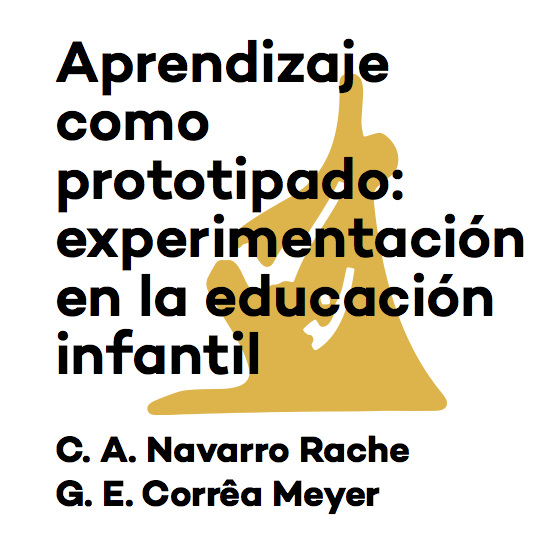Learning as prototyping: experimentation in early childhood education
DOI:
https://doi.org/10.46516/inmaterial.v5.91Keywords:
prototyping, education, Science and Technology Studies, design, prototypeAbstract
Prototyping is recognized as one of the most characteristic project activities in design. Being a process that allows generating knowledge and obtaining particular learning, its relationship with educational processes is clear. His understanding is familiar in design research, however, we propose to rethink prototyping from the perspective of another area: Science and Technology Studies (STS). Based on this vision, this study focuses on identifying the potential of prototyping in childhood learning, focused on an educational context. To this end, we carried out an action research that was carried out through prototyping practices with 8 children from 5 to 9 years old, and which had the collaboration of specialists for the design and monitoring of the dynamics. Thee results were interpreted in order to defend that learning can be thought of as prototyping by: (i) revealing recursion as incessant construction; (ii) enabling learning curves and stimulating confidence; (iii) instigating dialogic design, discord and instability; (iv) creating new worlds; (v) allowing a polysemy between the actors, and (vi) proposing play-prototyping as a characteristic action. We believe that this reflection can contribute to discussions about new ways of learning in a context of continuous challenges.
Downloads

Published
How to Cite
Issue
Section
License
Copyright (c) 2020 Cesar Augusto Navarro, Guilherme Englert Corrêa

This work is licensed under a Creative Commons Attribution-ShareAlike 4.0 International License.






